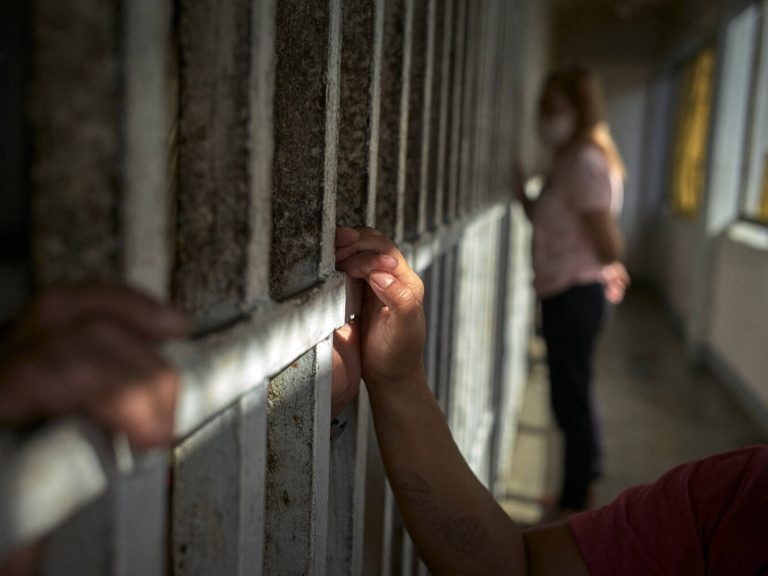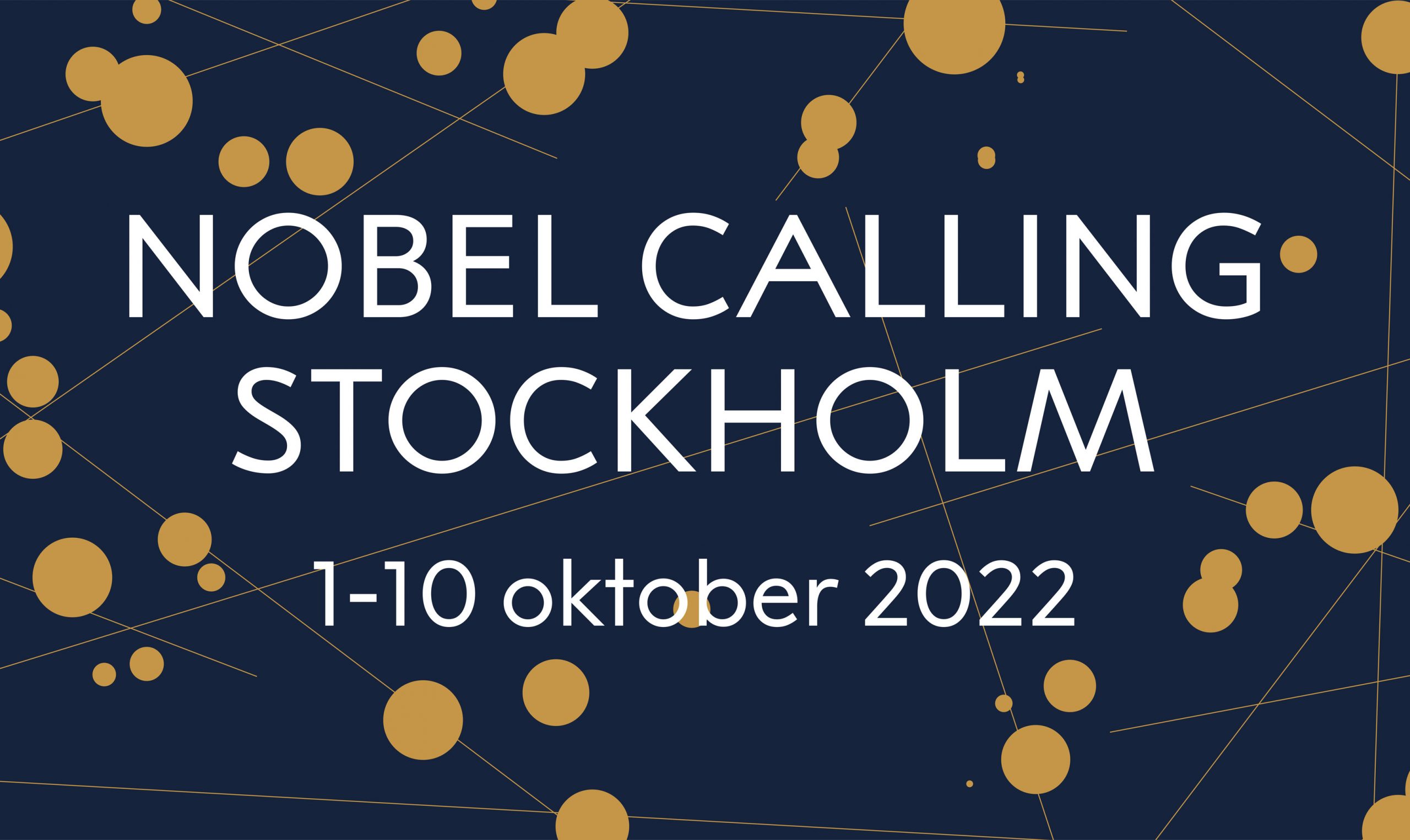Everything the Red Cross does is aimed at preventing and alleviating human suffering, wherever it occurs and whoever it affects. Another of the Red Cross’s founding principles is neutrality – in order to maintain everyone’s trust, the Red Cross does not take sides in conflicts. Its work has been awarded the Nobel Peace Prize four times: three times to the organisation and once to its founder.
In this year’s Nobel Calling lecture programme, we highlight the humanitarian work of the Red Cross in times of both war and peace, with a focus on the treatment of prisoners of war. The issue has been more widely publicised due to the war in Ukraine, but it is always relevant to the Red Cross. The lecture will focus on:
- What are the laws of war, also known as international humanitarian law?
- How does their time as prisoners of war affect those who have survived, and how is it possible to continue living?
- What is the Swedish Red Cross doing today in Ukraine?
Programme
15:00 Welcome address. Susanne Georgsson, vice chancellor, Swedish Red Cross University College
15:15 Humanitarian law, the Red Cross and protection of prisoners. Angelica Widström, junior legal advisor, Swedish Red Cross
15:45 Production of fear: Torture and its effects on health. Frida Johansson Metso, coordinator, the Swedish Red Cross Competence Centre for Rehabilitation of Torture and War Trauma
16:15 The work of the Red Cross today: Work related to the psychological health of former prisoners in Ukraine. Anette Carnemalm, project manager, the Swedish Red Cross Centre for Persons Affected by War and Torture in Malmö
16:45 Question time and discussion
17:00 Mingle
Moderator: Frida Johansson Metso
-
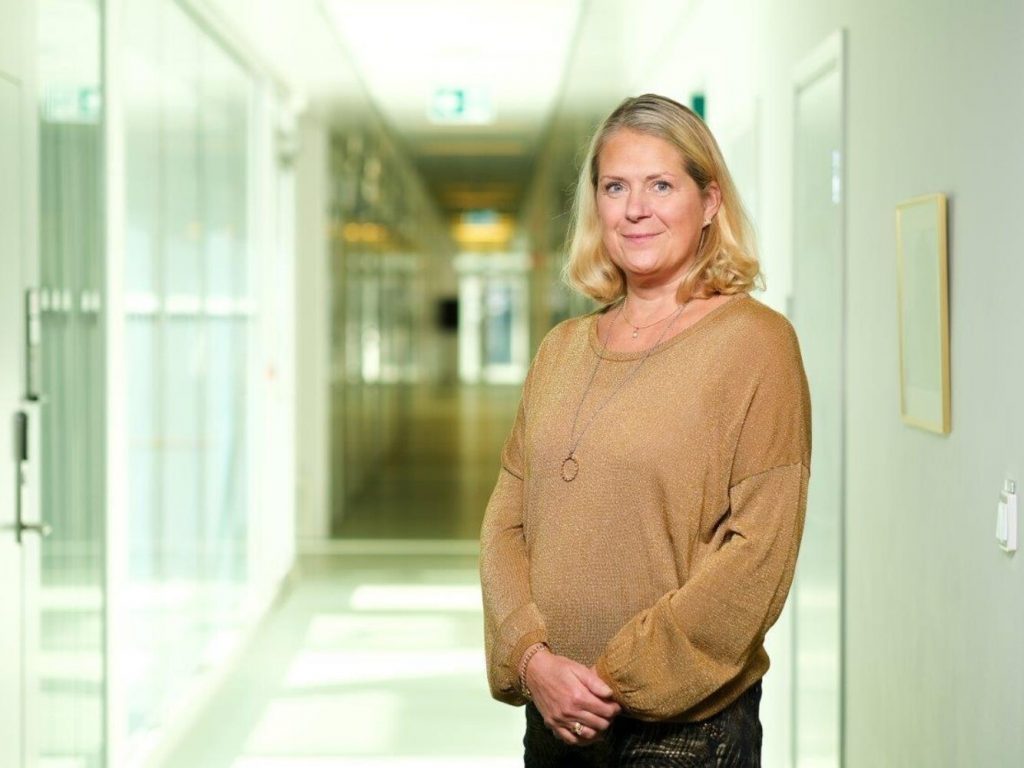
Susanne Georgsson
-
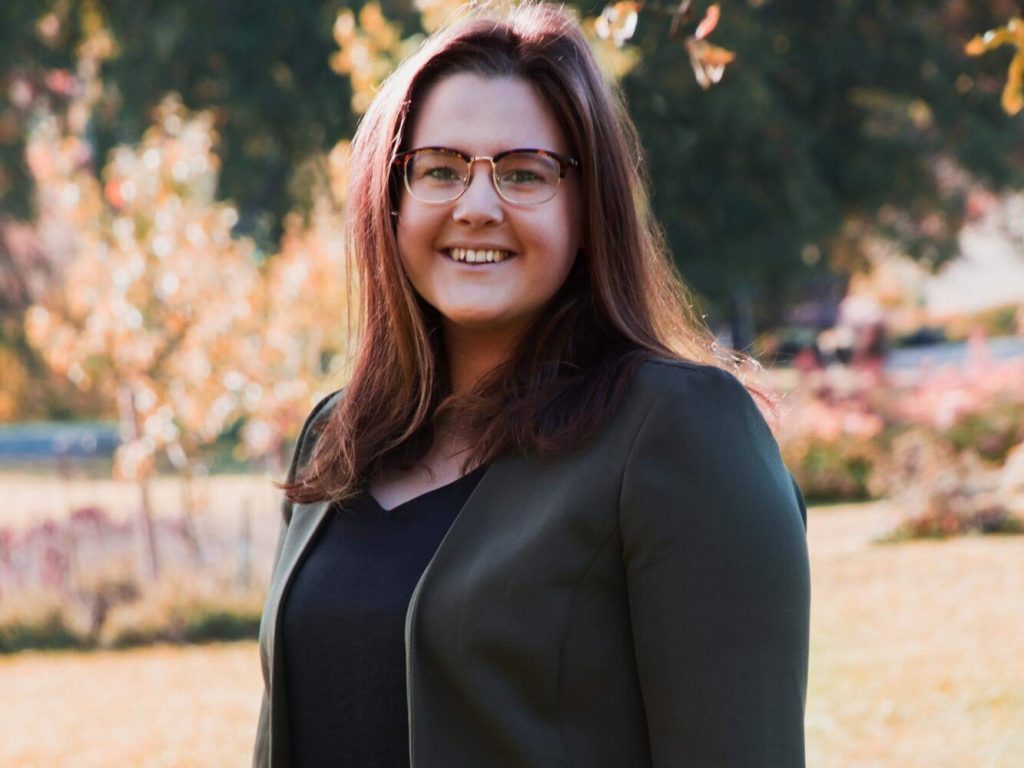
Angelica Widström
-
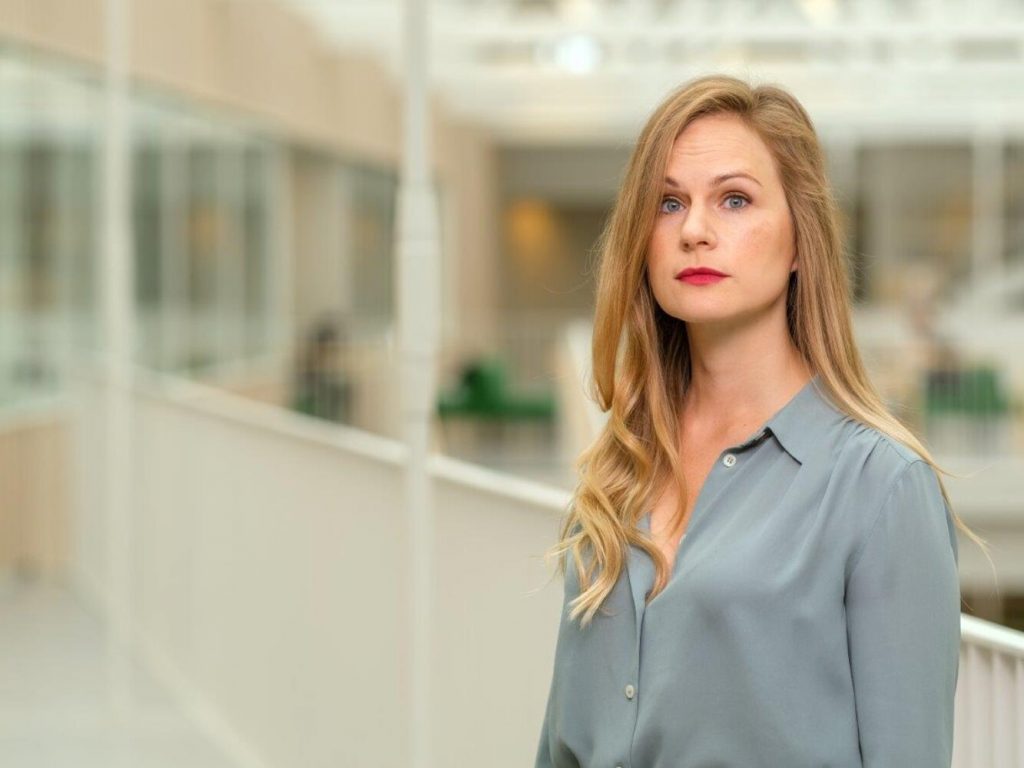
Frida Johansson Metso
-
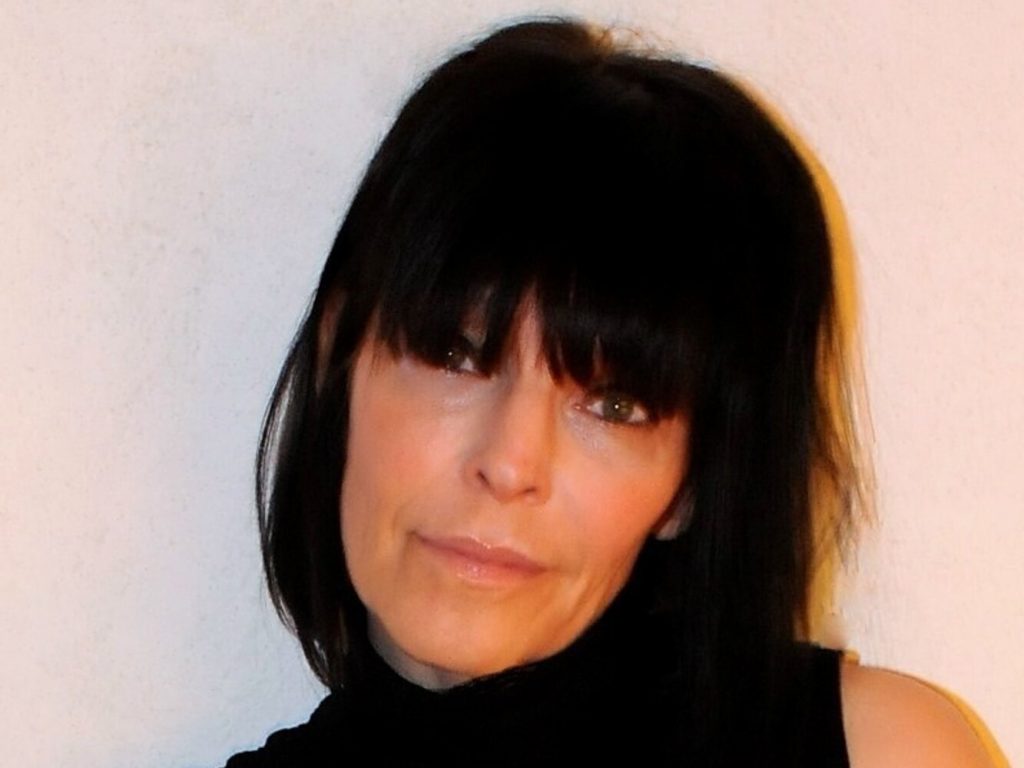
Anette Carnemalm
-
Susanne Georgsson
-
Angelica Widström
-
Frida Johansson Metso
-
Anette Carnemalm
